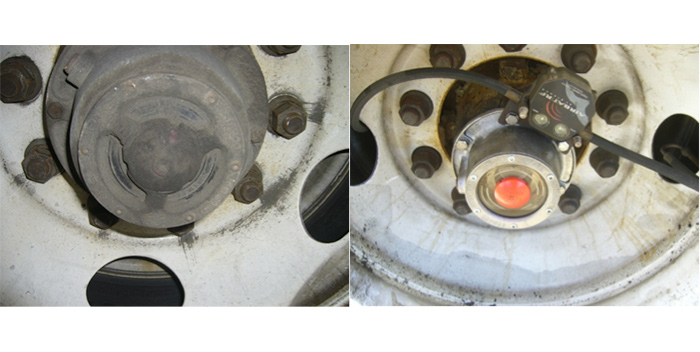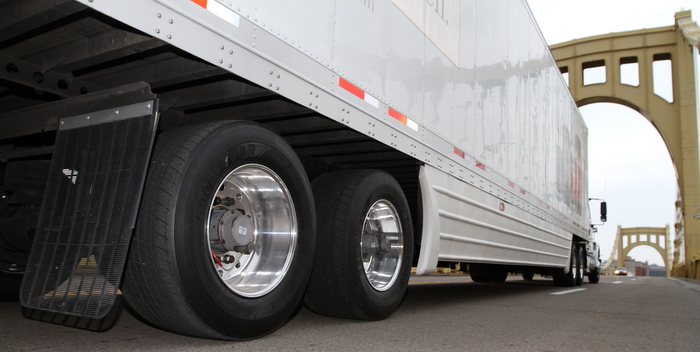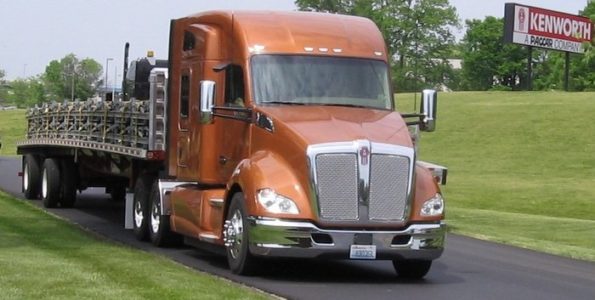For the past several years, Fleet Equipment magazine, in conjunction with Citgo Lubricants, has successfully sponsored the Top Green Shop award. The award has been presented to four shops that demonstrated excellence in reducing their carbon footprints and initiating policies and procedures that minimized waste, maximized efficiencies and worked to protect the environment in and around their shops.
During the last couple years of the contest, we became aware that more and more fleets not only provided information on their “green” shops, but also about how their operation expanded from green initiatives in the shop to a variety of green practices for vehicles. These entries that had expanded environmentally sound ideas beyond the shop walls caught our attention. As a result, we decided it was time to broaden the scope of the Top Green Shop Award to include a broader spectrum of fleet initiatives, so for 2012, we have instituted the Top Green Fleet Award.
To give an idea of the types of fleet initiatives that will qualify fleets for the award, here is a partial list of programs fleets have told us they are putting into practice:
• Trucks governed to a maximum speed of 65 MPG for better fuel efficiency
• Fleet trucks converted from petroleum-based lubricants to synthetic lubricants to reduce the oil drain frequency to reduce oil and oil filter waste
• Fleet became a SmartWay Partner to work toward better fuel efficiency
• Fleet truck idling monitored and limited
• Purchased more aerodynamic tractors
• Added vehicle fairings to reduce drag to increase fuel efficiency
• Added tire pressure monitoring systems to keep tires properly inflated to ensure the best fuel economy
• Purchase only fuel-efficient tires
These are just a few of the green vehicle practices that will help to qualify fleets for the award. In addition, here are some green shop initiatives that make for a winning entry:
• Installed skylights in shop to lessen dependency on electric lighting
• Added insulated truck bay doors for better heating and cooling efficiency
• Purchased and used a waste oil heater to reduce disposal of used oil
• Installed ceiling fans in shop for better ventilation and to improve heating and cooling efficiency
• Waste is put in a trash compactor before it is disposed of
• All cans, bottles and other recyclable waste is collected and recycled
• Installed solar panels as energy alternative
• Recharge batteries whenever possible, recycle those that cannot be recharged
• Oil separators are monitored and pumped out regularly
• Facility is equipped with carbon monoxide alarms
• Programmable thermostats are used throughout the building
If your fleet is actively employing green initiatives like these, we encourage you to enter the Top Green Fleet contest. The entry form, with details on how to enter, is available by clicking here. We are accepting entries through Oct. 1, 2012.









